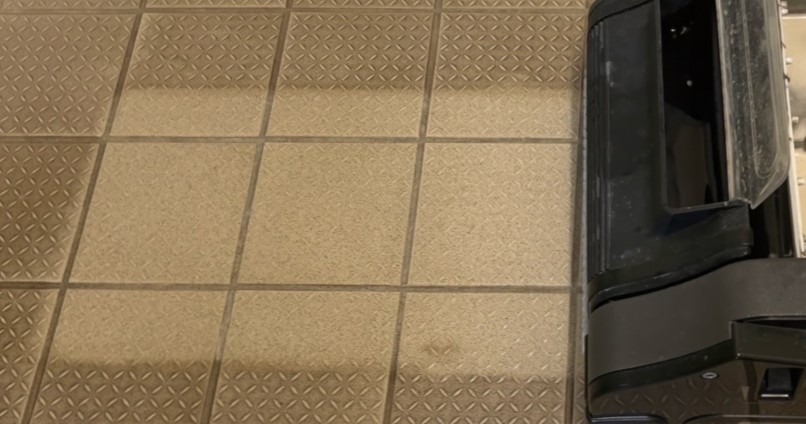
- By: admin
- Tags: cleaning machine for contractors, commercial floor cleaning machine, contract cleaners, floor cleaning equipment
- Category: Commercial Floor Cleaning Machines
- 0 comment
Commercial floor cleaning machine selection is one of the most important decisions for contract cleaners working across multiple facilities. Whether it’s a shopping centre, hospital or office block, the right equipment can dramatically improve cleaning speed, quality and long-term efficiency.
From tight corridors to wide factory floors, every job site demands a specific set of features. Understanding these needs is the key to selecting machines that perform without compromise.
Assessing Site Needs and Surface Types
Contractors typically deal with a mix of floor surfaces. Some facilities may have textured concrete walkways, others safety vinyl in kitchens, or carpeted reception areas that require gentle handling. This diversity requires a machine that’s versatile, powerful and easy to adapt.
Duplex floor cleaning machines, for example, support multiple brush types, making it possible to switch between surfaces like:
| Floor Type | Common Location | Recommended Approach |
|---|---|---|
| Concrete | Warehouses, carparks | Firm brushes and low moisture |
| Safety Flooring | Healthcare, food areas | Controlled water application |
| Vinyl & Tile | Retail stores, schools | Medium brushes with suction |
| Carpet | Offices, hotels | Soft brushes and dry recovery |
| Timber/Wood | Aged care, hospitality | Light agitation, minimal water |
With one machine and a change of brush, contractors can clean an entire site more efficiently.
Practical Features for Contractor Use
Not all machines are designed with the needs of professional cleaning teams in mind. Commercial floor cleaning machines suitable for contractors should include:
- Compact dual-direction control for cleaning in corridors and open areas
- Corded or battery-powered models to suit various site layouts
- Simple maintenance for fast turnaround between jobs
- Low-moisture systems that allow quicker drying and reduce disruption
- Ergonomic handles to reduce strain during long shifts
Choosing a machine with low water usage and easy brush swapping allows contractors to adapt quickly without overloading vehicles or requiring multiple machines per job.
Why Commercial Machines Outperform Domestic Options
Contractors should avoid domestic-grade equipment. These models are built for occasional use and smaller areas. In a commercial setting, they wear out faster and often produce inconsistent results, leading to rework and client dissatisfaction.
Professional machines offer:
- Better brush pressure and cleaning width
- Longer run times and higher capacity tanks
- Reliable drying systems that reduce slip risks
- Robust construction built for daily use
Using commercial-grade machines shows clients your team is equipped for professional results.
Key Buying Considerations for Contractors
Before investing in equipment, contractors should:
- Evaluate cleaning frequency – daily contracts may justify multiple machines
- Assess vehicle space – compact units ease transport between sites
- Consider training time – user-friendly models reduce onboarding effort
- Review brush options – one machine with multiple configurations is ideal
- Think about after-sales support – spare parts and service access matter
For facilities focused on floor cleaning alone, a dedicated floor scrubber is often the best solution. However, if the contract includes walls, upholstery or hard-to-reach areas, a commercial steam vacuum cleaning machine might be better suited.
Frequently Asked Questions
Can a commercial floor cleaning machine handle all floor types?
Yes. Many models like the Duplex range support different brushes, making them suitable for concrete, carpet, vinyl and more.
How do I know which brush to use?
Manufacturers usually provide brush guides. For example, soft brushes for carpet, stiff ones for concrete or tile.
Are battery-powered machines better?
It depends on the site. Battery models offer mobility, while corded ones may be better for uninterrupted operation.
How often should brushes be changed?
Change brushes when switching surface types or if wear is affecting performance.
Can I rent instead of buying?
Yes. For occasional use or trial purposes, rental may be a smart option before full investment.
